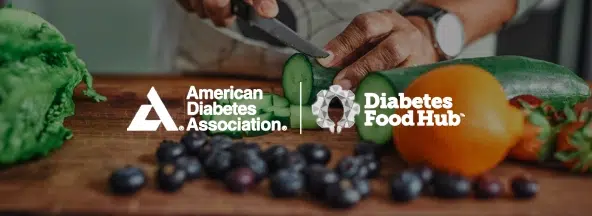When it comes to maintaining kidney health, your diet plays a crucial role. Kidney-friendly nutrition is all about making choices that help protect these vital organs and minimize the stress they experience. You’ll want to focus on consuming foods low in sodium, potassium, and phosphorus and prioritizing high-quality proteins.
Can a Dietitian Help with Kidney Disease?
A registered dietitian (RD) can be your best ally in managing kidney disease, having the expertise to guide you through the complexities of kidney-friendly diets and working with you to create personalized meal plans tailored to your specific needs, finding a balance between enjoying your favorite foods and maintaining kidney health.
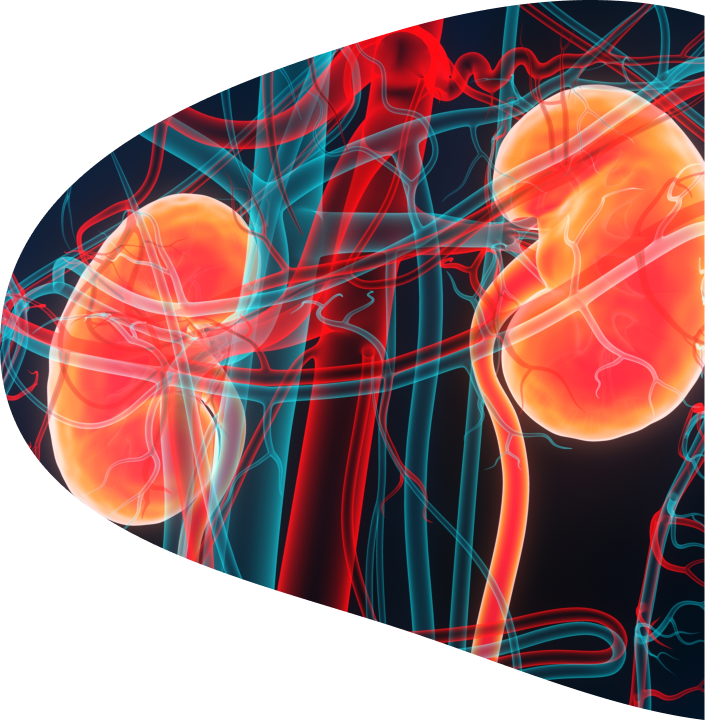
Kidney-Friendly Diets
Adopting a kidney-friendly diet can be a game-changer for those with kidney disease. This type of diet often includes:

Protein
Protein intake depends on your body size, physical activity, and overall health. Your dietitian may change your protein intake or the kind of protein you eat (i.e. substituting steak for a leaner protein like chicken).
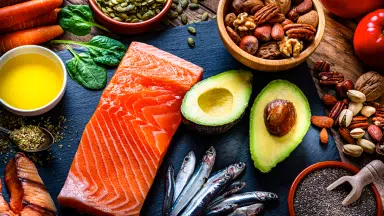
Fat
Though it can help with vitamin levels, excess fat can cause weight gain and even heart disease. To limit fat, decrease saturated fat intake (like butter) and increase unsaturated fats (like peanuts and olive oil).
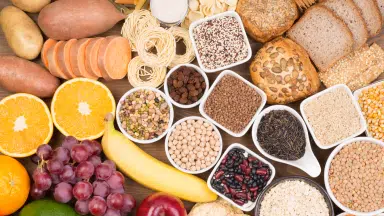
Carbohydrates
To improve your kidney health, stick to healthy carbs like fruits and vegetables and avoid unhealthy carbs like sugar and honey.
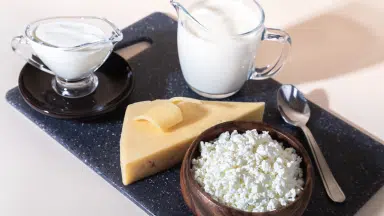
Sodium
An excess amount of sodium causes your body to hold onto water which can lead to swelling and damage your kidneys further. When cooking, opt for less salt and minimize packaged or canned foods.
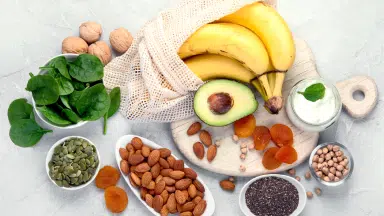
Potassium
Your dietitian may tell you to lower your potassium level by adding foods like lettuce, pita, chicken, white rice, and more.
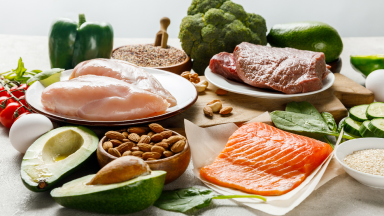
Phosphorus
Based on your lab results, your dietitian may advise decreasing phosphorus in your diet. Consider reducing consumption of animal proteins, dairy products, and dark-colored soft drinks, all of which typically contain high levels of phosphorus.
What Foods are Good for Kidney Health?
Foods generally considered good for kidney health include berries, red bell peppers, cauliflower, cabbage, garlic, apples, fish (such as salmon and tuna), olive oil, egg whites, and cauliflower rice. These foods are often low in potassium and phosphorus and offer beneficial nutrients like antioxidants, fiber, and healthy fats.
Recipes and Diets for Kidney Diseases
Even when limiting your diet, there are still many foods and snacks you can enjoy. Here are a few websites that feature many kidney-friendly meal options. These websites have already taken the extra step of considering foods best for kidney health, so all that you need to consider is which delicious meal you’ll choose next:
What is the Best Diet for Chronic Kidney Disease?
The best diet for chronic kidney disease (CKD) addresses your unique needs and preferences while adhering to kidney-friendly guidelines. This usually involves controlling your sodium, potassium, and phosphorus intake and consuming high-quality proteins. Working with a dietitian can help you create a personalized meal plan that promotes kidney health and satisfies your taste buds.

What Diet Prevents Kidney Stones?
Preventing kidney stones starts with staying well-hydrated, as this helps to dilute the substances that contribute to stone formation. In addition to adequate water intake, you should limit sodium consumption, ensure that your diet includes appropriate amounts of calcium, and balance your intake of animal proteins. If you’re prone to calcium oxalate stones, avoid high-oxalate foods and replace them with foods you enjoy.
High-Oxalate Foods to Avoid
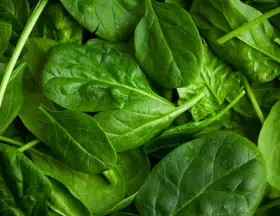
Spinach
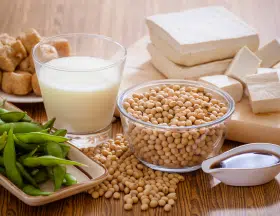
Soy Products
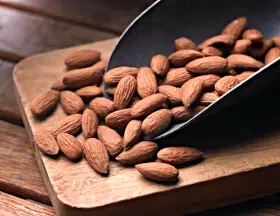
Almonds
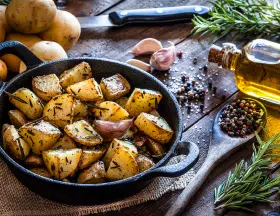
Potatoes
Suggested Low-Oxalate Alternatives
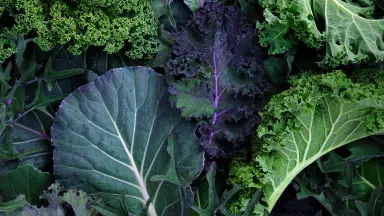
Kale
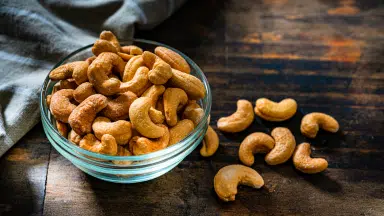
Cashews and Peanuts
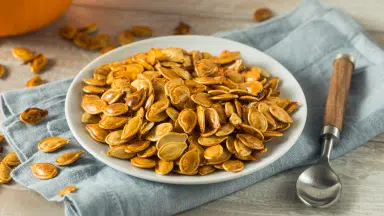
Pumpkin Seeds
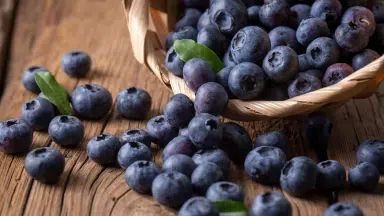
Blueberries
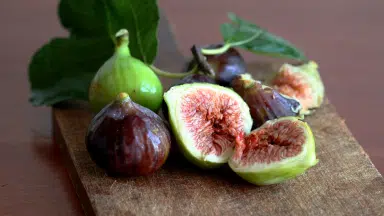
Dried Figs
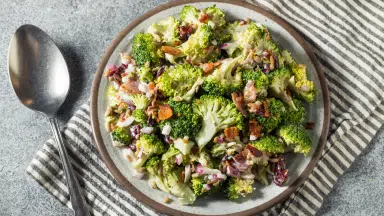
Broccoli
Renal Dietitians & Managing Kidney Health
Renal Dietitians focus on the unique nutritional needs of those with kidney disease. With an in-depth understanding of how diet affects kidney function, renal dietitians are equipped to guide dietary modifications that can help manage kidney disease and even prevent its progression.
Renal dietitians work with patients who have chronic kidney disease (CKD), kidney failure, or those on dialysis. Our role is to design personalized meal plans that meet nutritional needs, control sodium, potassium, and phosphorus intake, and manage fluid balance.
In collaboration with the patient’s medical team, renal dietitians consider co-existing conditions such as diabetes or hypertension. Our goal is to support kidney function and enhance the patient’s overall health and quality of life.

